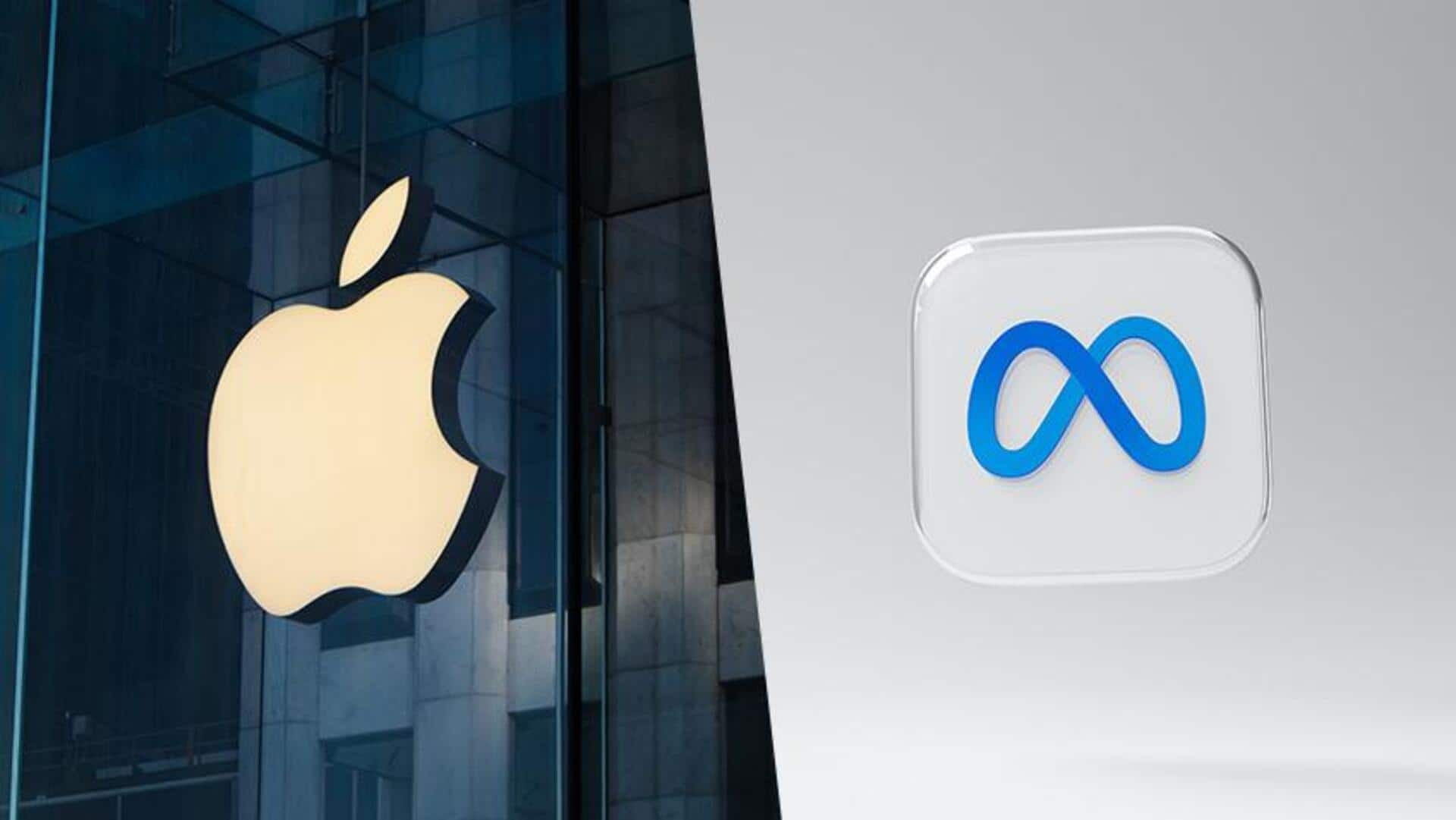
EU may charge Apple, Meta for breaching tech regulations
What's the story
Apple is under scrutiny by the European Commission for potential violations of the Digital Markets Act (DMA), according to Financial Times. The charges are related to Apple's rules, which require developers to pay for directing users to third-party purchase options. Similarly, Meta's charges revolve around its advertisement-free subscription for Facebook and Instagram in the EU, as reported by Reuters. The investigation is part of a broader probe into tech giants, including Alphabet's Google, initiated by the European Commission in March.
Regulatory framework
DMA designates tech giants as 'gatekeepers'
The DMA designates Apple, Meta, and Google as gatekeepers of certain core platform services. The act is designed to create a level playing field for smaller competitors, and facilitate user migration between competing online services such as social media platforms, app stores, and internet browsers. The European Commission is expected to release its initial findings, similar to antitrust charges, allowing companies to make necessary changes before a final decision is reached.
Apple's charges
Apple's rules and new fees under investigation
The European Commission's investigation into Apple focuses on its rules, which allegedly restrict app developers from informing users about offers outside its App Store without charge. The probe also includes new fees imposed on app developers. A separate investigation into Apple's choice screen for its Safari web browser is expected to take more time. The preliminary findings are anticipated to be released soon, with Apple likely to be the first to face charges.
Meta's model
Meta's ad-free subscription model under scrutiny
The European Commission's preliminary findings regarding Meta focus on its recently introduced model, where users pay a fee for an ad-free experience on Facebook and Instagram. Companies are allowed to propose solutions to address the issues raised in the findings before a final decision is made. This decision is expected to be announced before EU antitrust chief Margrethe Vestager leaves office in November. Potential penalties for violations might include fines of up to 10% of a company's global annual turnover.